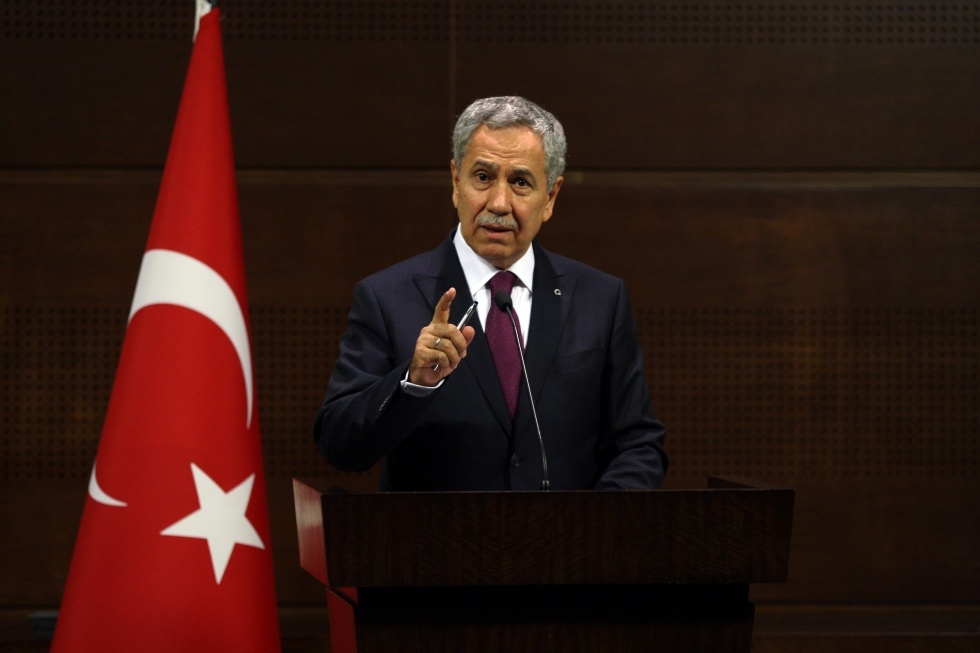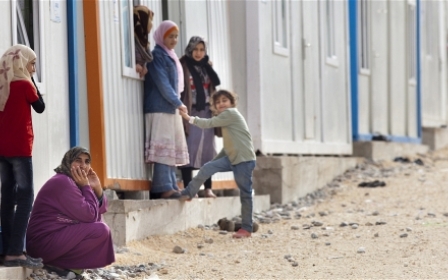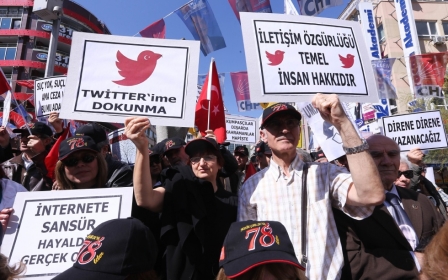Turkey considers changes to electoral system

Turkey’s Deputy Prime Minister Bulent Arinc said on Monday that the ruling Justice and Development (AKP) Party has been working on electoral amendments which would move Turkey closer to a first-past-the-post structure and away from the current proportional representation system.
The government is “working on ... two options. It will take to parliament the one which would contribute better to the development and stability of Turkey”, Arinc said after a cabinet meeting on Monday, according to Turkish news agency Anadolu.
The options include maintaining a current 10 percent threshold - the minimum share of the vote which a political party requires to secure any representation - reducing it to 5 percent, or removing it altogether and fully implementing a single-member district system.
Commentators have said that reducing the amount of votes a party needs to gain parliamentary seats will help smaller parties have their voices heard.
The Grand National Assembly, Turkey’s parliament, currently has 550 members elected on four-year terms by a system of proportional representation.
New MEE newsletter: Jerusalem Dispatch
Sign up to get the latest insights and analysis on Israel-Palestine, alongside Turkey Unpacked and other MEE newsletters
The measure would form part of a wider “democratization package” released by the AKP last September in response to large scale anti-government protests which swept Turkey last year. Complaints about restrictions on freedom of expression and assembly topped the list of demonstrator demands.
“Lowering the national threshold to 5 percent will save Turkey from the criticisms of having the highest threshold in Europe”, Ergun Ozbudun, professor of political science and constitutional law at Istanbul Sehir University, wrote in the Middle East Institute after the package was announced. “At their present level of electoral support, Kurdish political actors will not likely have any difficulty passing the [lower] threshold” he added.
Opposition figures, however, say proposed changes to the electoral system are an attempt by the government to prop up support for the AK Party.
“The ruling party is introducing this system because it knows that it is risky. Based on the election result that it obtained in the recent local elections, it could come to power as a single [ruling] party in the next general election”, Yusuf Halacoglu, deputy chairman of the Nationalist Movement Party (MHP), told Turkish daily Today’s Zaman.
Local elections in March saw Prime Minister Recep Tayyip Erdoğan’s AKP win 43 percent of the vote. The opposition Republican People’s Party (CHP) finished second on 26 percent.
The political tensions have failed to rattle markets, with Turkey on Monday reporting a big jump in international investment. Turkey's Economy Ministry this week said that international capital investments totalled $2.27bn in January and February, which amounted to a 28 percent year-on-year rise. The majority of investment, 81 percent, came from the European Union, with the manufacturing sector receiving $849 million in the first two months of the year.
Middle East Eye delivers independent and unrivalled coverage and analysis of the Middle East, North Africa and beyond. To learn more about republishing this content and the associated fees, please fill out this form. More about MEE can be found here.




